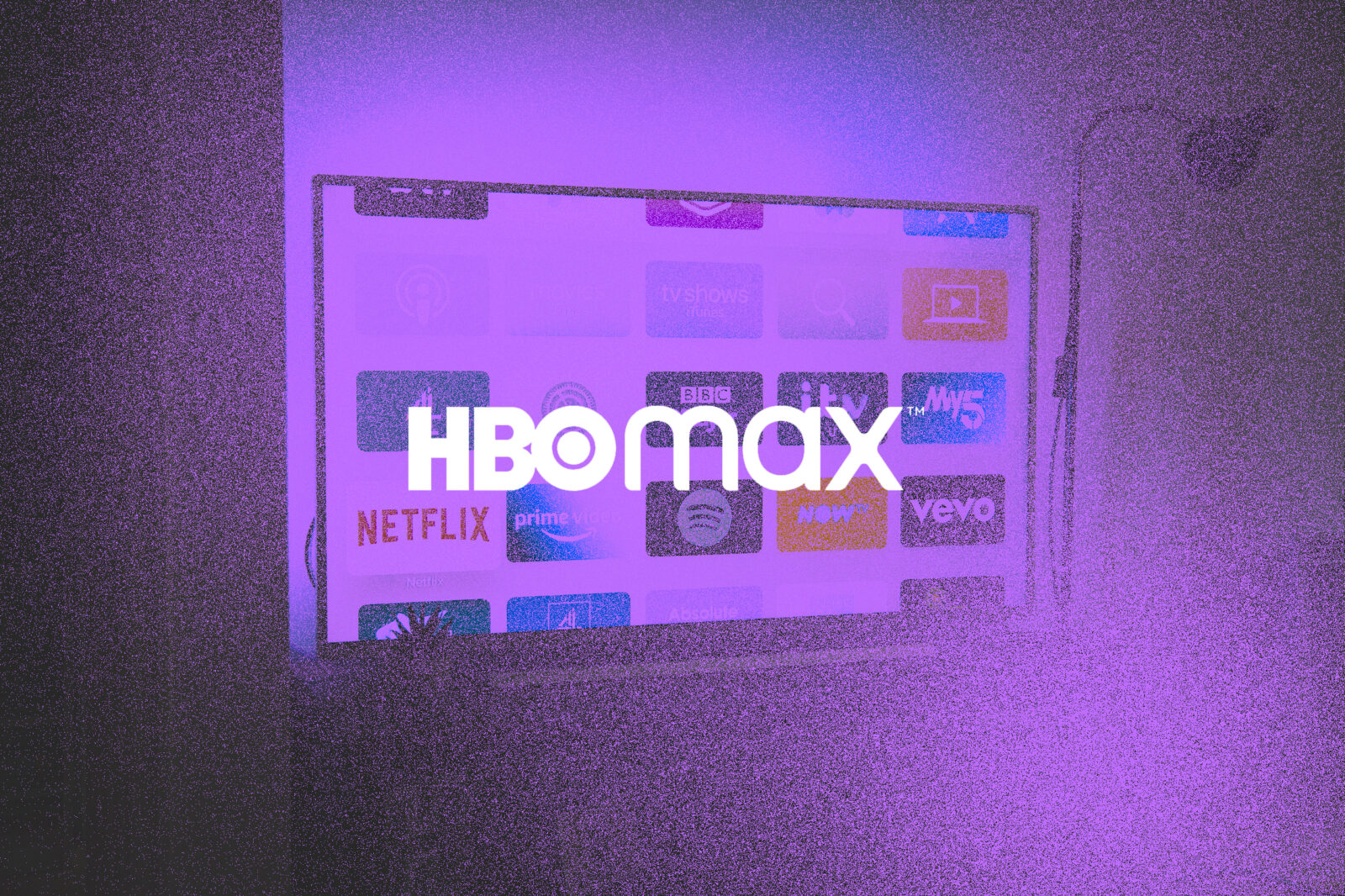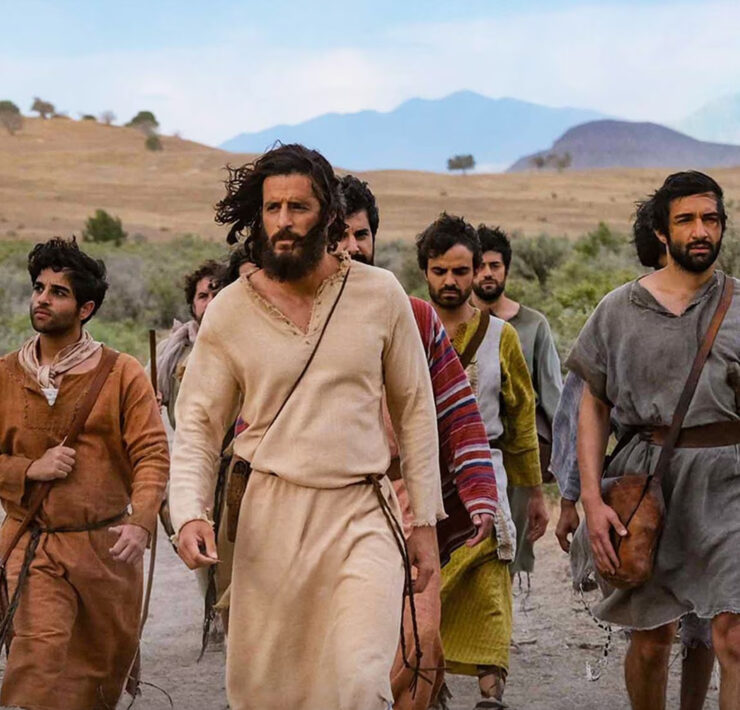
Hollywood is on fire with speculation that HBO Max, one of the most successful streaming services in Netflix’s wake, may be headed for a huge shakeup. On the heels of the shocking news that Warner Bros would not be releasing its nearly completed $90 million Batgirl movie come widespread rumors that the move was just the beginning. Around a half dozen HBO Max Originals movies were quietly removed from the streamer with more reportedly to come, and word is that around 70 percent of the development team is about to be slashed. It sounds like HBO Max will be rolled into Discovery+ as a smaller, leaner subcategory.
It’s the work of Warner Bros. Discovery’s new CEO David Zaslav, who has developed a reputation for pinching pennies and dramatic budget cuts. This is the guy who axed CNN+ just three weeks after its debut, a $300 million investment flushed down the drain without a funeral.
So, that’s the blueprint and now, HBO Max may be following suit. At least six movies have disappeared — maybe for good — including the delightful Seth Rogan immigrant dramedy An American Pickle, Robert Zemeckis’ adaptation of The Witches and the Cole Sprouse romcom vehicle Moonshot. Redditors were the first to note that the movies had gone missing, along with the Anne Hathaway/Chiwetel Ejiofor COVID-era heist movie Locked Down. Of course, most of these are still available to rent or purchase through more traditional means, but HBO Max shrugging off its own original content is a very big deal.
This has likely put everyone at WarnerMedia on notice, and that includes its buzzy streamer that’s churning out hit originals like Peacemaker, The Other Two, Station Eleven, The Flight Attendant, Our Flag Means Death, Harley Quinn and Minx. Zaslav’s plan is reportedly to yank any piece of original content that isn’t performing well (what the metrics for “performing well” are, we’ll probably never know) and use it as a tax write off. The law allows Warner Bros. to write off any content it wants, as long as its not monetizing it in any other way, so the thinking seems to be that these shows and series are more valuable in the trash than they are available to the public — whatever their other merits.
Earlier this week, we referred to Martin Scorsese’s New York Times essay about superhero movies, using the Batgirl situation as evidence that he was correct. But Scorsese, one of America’s finest living filmmakers, also saw this coming in a 2021 essay for Harper’s.
We can’t depend on the movie business, such as it is, to take care of cinema. In the movie business, which is now the mass visual entertainment business, the emphasis is always on the word “business,” and value is always determined by the amount of money to be made from any given property—in that sense, everything from Sunrise to La Strada to 2001 is now pretty much wrung dry and ready for the “Art Film” swim lane on a streaming platform. Those of us who know the cinema and its history have to share our love and our knowledge with as many people as possible. And we have to make it crystal clear to the current legal owners of these films that they amount to much, much more than mere property to be exploited and then locked away. They are among the greatest treasures of our culture, and they must be treated accordingly.
Might want to watch Station Eleven while you can.





















